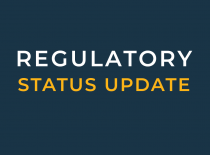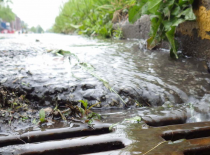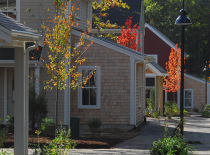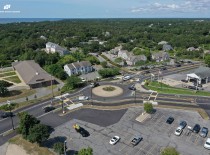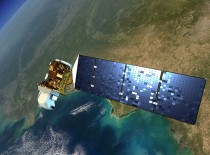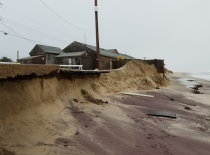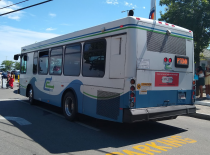Category: Newsletter
A status on projects currently under Cape Cod Commission review.
Cape Cod Commission staff are using hydrologic response units to identify at-risk sections of pond buffers, better understand pollutant flow, and develop effective solutions.
A comprehensive pond monitoring program is now underway to gather consistent data from ponds across Cape Cod.
Each year, the Cape Cod Commission receives funding through the Massachusetts Department of Housing and Community Development to provide technical assistance to towns in our region. The District Local Technical Assistance (DLTA) program helps municipalities with sustainable development and encourages partnerships to achieve planning and development goals that align with state and regional priorities.
Read about the latest additions to the Cape Cod Commission staff.
The Metropolitan Planning Organization recently released the draft 2024 Unified Planning Work Program and the draft 2024-2028 Transportation Improvement Program for a 21-day public comment period.
For nearly fifty years, satellites have been orbiting the earth collecting imagery to monitor and study the health of our planet. What if we could use those images to learn more about the health of our ponds and lakes?
The Massachusetts Division of Ecological Restoration is seeking applications for its Culvert Replacement Municipal Assistance Grant program, which seeks to encourage eligible applicants to replace structures with better-designed crossings that meet improved structural and environmental design standards and climate-resiliency criteria.
Cape Cod Commission staff are working with all 15 Cape Cod communities to examine vulnerabilities in the roadway network and identify adaptation alternatives. The project employs state-of-the-art modeling and community engagement to identify and prioritize low-lying roads to target for coastal resiliency action. The towns of Barnstable, Bourne, Brewster, Eastham, Truro, and Wellfleet are at the stage of the project that includes review of conceptual designs for high-priority road segments.
Transportation accounts for 55% of greenhouse gas (GHG) emissions produced on Cape Cod. While riding public transit is a way to reduce GHG emissions from personal vehicles, a fleet of zero-emissions buses could further reduce emissions – which the Cape Cod Regional Transit Authority (CCRTA) hopes to accomplish. The Commission is working with the CCRTA on a nine-month study to explore transitioning to a zero-emission fleet.
